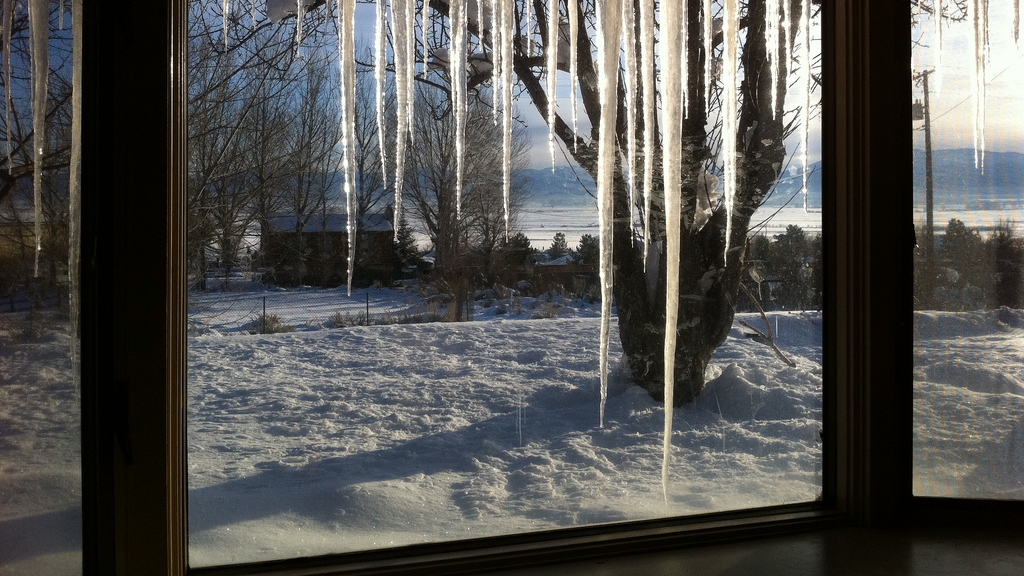After a summer of heatwaves and wildfires in Europe, it is strange to think this winter could be uncomfortably cold for many.

This time it is not extreme weather that is to blame but soaring energy prices, which have reached record levels across Europe and the UK in September and look set to rise further as we approach winter.
There are many reasons for this price surge. At the same time, the problem can also be viewed more simply as demand outstripping supply. Economies emerging from the pandemic have seen a jump in energy use, while different factors have created a perfect storm in reducing supply.
Natural gas inventories are lower than usual due to last year’s unusually frosty winter. Maintenance and rebuilding of natural gas infrastructure in Russia and Norway further diminished storage capacity.
At the same time, wind speeds in the North Sea have been at some of the lowest levels for the past 20 years, leading to a slowdown in wind-driven electricity production. The shuttering of coal factories across the globe has also meant these shortages are more acutely felt.
This presents a dilemma. Fossil fuels are rightly being phased out to mitigate climate crisis, but evidence suggests that renewable alternatives cannot yet reliably pick up the slack.
The resulting price hike comes as the European Union embarks on the world’s most ambitious climate plan with its Green Deal, and the UK, one of the worst-hit countries, prepares to host the UN climate conference COP26 at the end of October.
Governments across Europe appear united in viewing the current situation as additional evidence of the need to transition to a low-carbon future. “The solution, in the longer run, is the accelerated deployment of renewables and improved energy efficiency,” said Lukasz Kolinski, the EU Commission’s head of renewables & energy system integration.
Kwasi Kwarteng, the UK business secretary, struck the same tone when he said the UK’s exposure to high gas prices “underscores the importance of our plan to build a strong, home-grown renewable energy sector.”
Less clear is how this objective of an accelerated transition to renewable energy will be achieved.
One step within governments’ immediate grasp is to reduce red tape when it comes to investing in renewables. Overly complex permitting procedures in Germany have meant wind farms with a total capacity of more than 10 GW are still waiting for approval.
The same problem in Italy saw Ecology Transition Minister Roberto Cingolani promise “brutal” reforms to simplify the process of issuing permits for renewable energy projects.
Nevertheless, the bureaucracy hindering the much-needed development of renewable assets remains a serious issue that plays into the current energy crisis.
The current energy squeeze also invites a more controversial question: should nuclear power play a larger part in energy transition?
There are success stories for nuclear energy. In France, for example, 70 per cent of its electricity already comes from green nuclear power. But this has not been replicated widely.
The major deterrent historically has been concerns over safety. But evidence suggests that nuclear power is much safer than fossil fuels. According to one recent study, air pollution from fossil fuels killed as many as 8.7 million people in 2018.
This far outstrips any estimates for direct and indirect deaths caused by nuclear power. The meltdown at Chernobyl, the worst nuclear accident to date, could have indirectly cost the lives of up to 4,000 people through radiation exposure, according to one UN report. This is a tragic loss of life which does not factor in the disruption caused for thousands more. At the same time, the risks associated with fossil fuels represent a different order of magnitude.
Another problem with nuclear power is high costs. Nuclear power plants can cost billions to develop. But if proposed carbon taxes are introduced, this could well make nuclear power more competitive. Given the urgent need to radically alter our energy mix, some in the industry suggest that nuclear should at least become a bigger part of the conversation.
Conversation itself is the key. Governments and companies need to engage more closely for the right solutions to be found. Anja-Isabel Dotzenrath, the incoming head of BP’s gas and low carbon business, is just one of many prominent executives in recent months to call for greater dialogue with politicians to accelerate the energy transition and avoid wasteful investments.
There is clearly a growing will across the globe to drive energy transition and bring about a real change. The problem, it appears, has been the way investments have been channelled and managed.
Europe’s impending energy crisis this winter shows why governments and businesses need to work together to quickly find ways to accelerate energy transition and diversify our energy mix.
Read this and other blogs by Timur Tillyaev on Medium.
Original op-ed published in Euractiv in October 2021.
